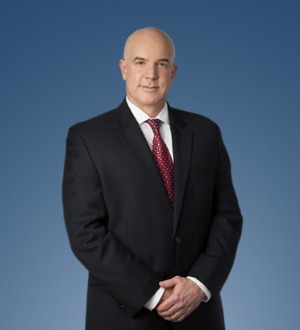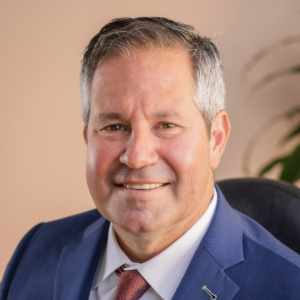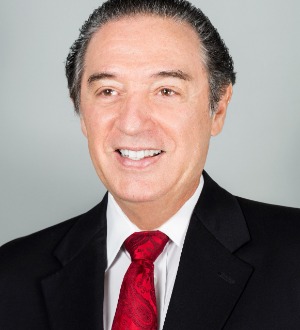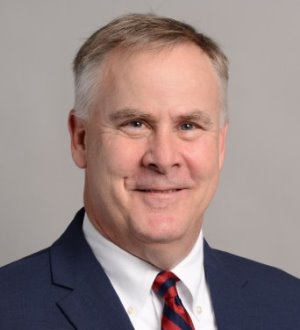By John Goralka
Sacramento, CA
Many clients look at their assets and think, “I really don’t have that much. My estate plan can be very simple.” However, you have worked a lifetime and likely hope to leave a legacy of both family values and assets to help guide the next generation.
I’ve found that most people, both clients and advisers, do not understand this simple concept: “The cash people receive from you is more cash than you have.” What does this mean?
Take me, for example. I have a home that has significant equity. I don’t plan to sell this home in my lifetime because I love living in my home. However, in more than 80% of the trust estates we manage (and we have managed over 2,000 trust estates in the past 28 years), the house will most likely be sold to provide for distribution to the children.
I hold investment and retirement accounts. I do not liquidate these assets because I want to continue to grow and diversify these investments for my future enjoyment, and possible later needs or retirement. These accounts will pass to my children without any such restriction on possible use.
When I die, my home, investments and retirement assets are available in liquid form for my children. So, my children will actually inherit far more cash than I have and more than I have available to me in my lifetime. If your situation is like mine, this means planning so that your estate will help your children throughout their lives and not for just a few years.
Keeping inheritance spending in check
Clients are often concerned or worried about raising “trust fund babies.” Beneficiaries who become “trust fund babies” might not become productive members of society (as defined by my clients or their families) and find true happiness. They receive an inheritance, live off that in some fashion and, when lost, are unable or less able to earn a livelihood.
Can your children or other loved ones be trusted to have unfettered control over substantial assets and cash? Do their ages or other characteristics warrant supervision or oversight, at least for a period of time? If so, perhaps you craft a trust in which a trustee can oversee your beneficiaries’ legacy so their lives are improved for their entire lifetime by their inheritance or legacy and perhaps even benefit the next generation (your grandchildren).
If your children are young or financially immature, then consider staged access to trust assets at certain ages, such as 25, 30 or 35. Note that I did not say staged distributions. If a beneficiary has direct access to distributions in his or her own name, then that beneficiary’s creditors, soon-to-be ex-spouse or people seeking to recover for accidents, negligence or other judgments may take your child’s inheritance. Trust provisions can provide ongoing asset protection for their entire lives.
Minors and other beneficiaries who are too young or lack financial maturity may also benefit from trust incentive provisions. The most common incentive provision is for education. Almost all parents hope for their children to graduate from college (or an appropriate trade school). The trustee generally has discretion to pay for the expenses related to education, including tuition, books, food and housing. The difference is that an incentive provision provides a financial reward or other benefits for graduation or other accomplishments in addition to paying education costs.
Other trust incentive provisions might require the beneficiary to be employed full time or to be able to finance his or her lifestyle without reliance upon the trust assets. Until doing so, the beneficiary will need the trustee’s consent before exercising control over trust investments or distributions. The beneficiary will need the trustee’s consent before getting access to spend any money.
Trusts for special circumstances
Beneficiaries who are older, ill or disabled, or those with gambling, drug or alcohol problems may need a lifetime trust. Such a trust would have oversight over investments and spending throughout the beneficiary’s entire life.
If your beneficiary receives or may receive needs-based governmental assistance, then a special needs trust may be appropriate. Needs-based governmental assistance is government benefits or assistance that is limited to those with assets and/or income below a statutory limit. If an inheritance is received or becomes available that exceeds this limit, the benefits are taken away or lost. The inheritance must be spent until the assets and income meet the statutory requirements before the governmental benefits are reinstated. A special needs trust preserves the governmental benefits and permits the trustee to make discretionary benefits to make the beneficiary’s life better.
If your beneficiary is not good with spending money, then a spendthrift trust may be considered to give the trustee control over trust distributions. The trust is then available to help that beneficiary throughout their entire life.
Allowing for an adaptable plan
Much can happen after your death or incapacity as both people and life circumstances may change. You may wish to give the successor trustee the ability to adapt between any of the foregoing alternatives after your death or incapacity. This power to adapt may provide the best protection for your loved ones for circumstances or issues that arise after your death.
























